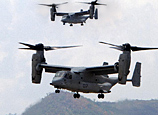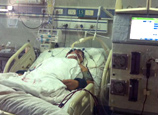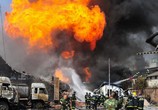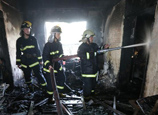
Despite the possible price hike, many taxi drivers remained cautious about the possible outcome of the reform.
Jiang Mingsheng, who has been a taxi driver for more than 30 years, said he was concerned about whether the possible price hike would affect the number of passengers.
"It would take some time for the market to absorb the rise in prices and the number of passengers could slump in the first days when the new pricing plan takes effect," he said.
Jiang hopes the reform takes the possible slump in number of passengers into consideration and, for a time, reduces the amount of the leasing or administration fees charged by taxi companies, which is usually more than 5,000 yuan ($807) per month for each taxi.
The capital is also considering increasing the number of taxis, especially in suburban areas, and will take measures to encourage cabbies to work during rush hour, including issuing fuel subsidies based on the hours the taxi is in operation.
A much higher percentage of taxis in the city will operate in 24-hour shifts shared between two drivers in order to maintain a certain number of taxis in downtown areas during rush hour, Liu said.
Meanwhile, the city will establish a united service hotline for calling taxis. Beijing currently has at least two service hotlines run by different taxi companies.
"Our goal is to make sure a commuter has a 99 percent chance of booking a taxi successfully four hours in advance and a 70 to 80 percent chance half an hour in advance," he said.
The city will build 20 taxi dispatch points in downtown and CBD areas such as Wangfujing pedestrian street and Beijing Financial Street, and 600 taxi stops citywide outside residential communities, Liu said.
The difficulty of getting taxis during rush hour in Beijing started to surface as the city's population expanded by 4.36 million in the past five years while the number of taxis stayed put at 66,000.

















 Photo story: A family infected by HIV
Photo story: A family infected by HIV


![]()
